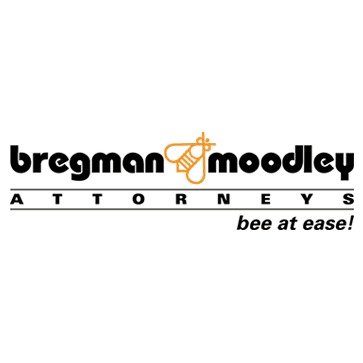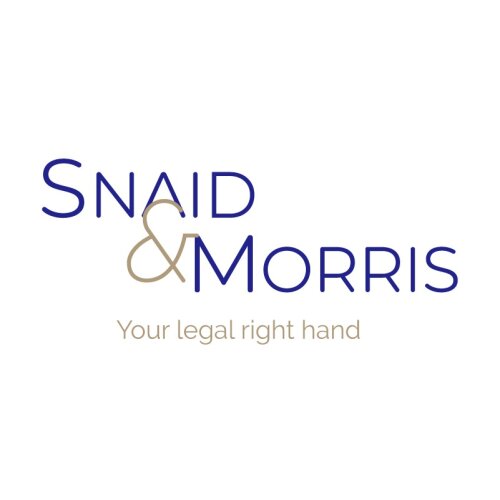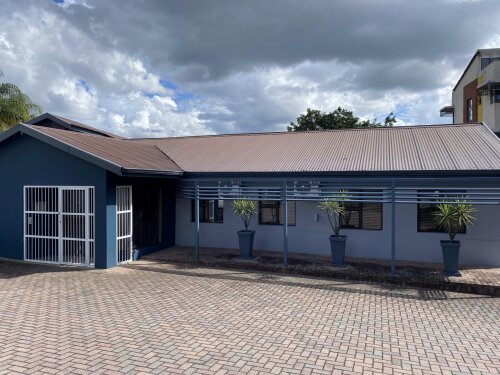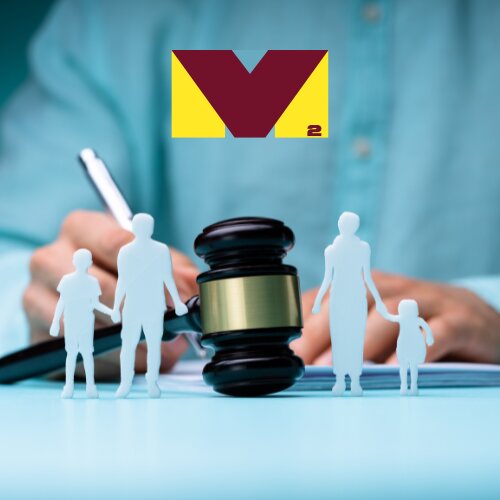Best Appeal Lawyers in Johannesburg
Share your needs with us, get contacted by law firms.
Free. Takes 2 min.
List of the best lawyers in Johannesburg, South Africa
About Appeal Law in Johannesburg, South Africa
Appeal law in Johannesburg is a critical aspect of the legal system, allowing individuals and entities to challenge court decisions they believe are incorrect or unjust. The appeal process is designed to ensure that errors or misjudgments made during a trial are rectified. Johannesburg, being a major metropolitan area in South Africa, has a robust legal framework and an array of qualified legal professionals who specialize in appellate litigation. The appeal process involves reviewing facts and law to potentially overturn or amend a lower court's decision.
Why You May Need a Lawyer
There are several reasons why one might need a lawyer for an appeal in Johannesburg:
- Incorrect Verdict: If you believe the verdict was incorrect based on the evidence or law, an appeal can offer a chance to re-evaluate the judgment.
- Procedural Errors: Appeals can address procedural mistakes that might have occurred during the trial, affecting the outcome.
- Unjust Sentencing: In criminal cases, if a sentence is perceived as unfair or excessive, appealing is a pathway to potentially obtaining a fairer judgment.
- New Evidence: Discovery of new, significant evidence that could affect the outcome of a case may be grounds for appeal.
- Legal Repercussions: Appeals can impact future legal proceedings or professional standings, making it essential to engage legal expertise.
Local Laws Overview
Appeal procedures in Johannesburg conform to the laws governing the South African legal system. Key aspects include:
- Hierarchy of Courts: The South African judiciary system is hierarchical; appeals typically move from lower courts to higher courts like the High Court, Supreme Court of Appeal, and finally, the Constitutional Court.
- Time Limitations: Appeals must be filed within a specific period after the judgment, usually 21 days. Extensions may be granted under certain circumstances.
- Grounds for Appeal: Appeals are generally based on legal rather than factual errors, requiring a clear demonstration of misapplication or misinterpretation of the law.
- Legal Representation: Representation by a lawyer is highly recommended due to the complexities involved in legal argumentation and procedural rules.
- Cost Considerations: Appellants are usually responsible for costs unless the court orders otherwise, making financial planning an essential factor in the decision to appeal.
Frequently Asked Questions
What is an appeal?
An appeal is a legal process where a higher court is asked to review the decision of a lower court. It's invoked when a party believes an error occurred during the trial.
When can I file an appeal?
Appeals need to be filed within a specific timeframe, usually within 21 days after the judgment is delivered. It's crucial to act promptly to avoid missing deadlines.
Do I need a lawyer to file an appeal?
While you technically can represent yourself, having a lawyer is strongly advised due to the complex nature of appeal procedures and legal interpretation.
What are the possible outcomes of an appeal?
The appellate court may uphold the original decision, reverse it, or send the case back to the lower court for further proceedings.
Can I introduce new evidence during an appeal?
Typically, new evidence is not permitted during an appeal unless it is material and you can demonstrate due diligence why it wasn't presented earlier.
What is the difference between an appeal and a retrial?
An appeal reviews the lower court's decision for legal errors, while a retrial involves a completely new trial, often ordered if an appeal succeeds and warrants it.
How much does it cost to file an appeal?
Costs can vary greatly and include filing fees, legal representation, and potentially other associated costs. Consult with a lawyer for a breakdown of possible expenses.
What is the success rate of appeals?
Success depends on various factors including the strength of the legal arguments and the specifics of the case. Approximately 15-25% of appeals may result in a change to the original decision.
How long does the appeal process take?
The duration varies significantly, from several months to over a year, depending on the complexity of the case and the court's schedule.
Can an appeal be withdrawn?
Yes, an appeal can be withdrawn at any time before the appellate court delivers its decision. It often involves negotiating a resolution with the other party.
Additional Resources
There are several resources available to individuals seeking assistance with appeals in Johannesburg:
- Law Society of South Africa: Offers directories of accredited lawyers specializing in appeals.
- Legal Aid South Africa: Provides legal assistance to those who cannot afford private lawyers.
- South African Courts Website: Offers information on court procedures and filing guidelines for appeals.
- University Legal Clinics: Some universities offer free or low-cost legal services via student clinics supervised by professionals.
Next Steps
If you believe you have grounds for an appeal, consider the following steps:
- Consult with a Lawyer: An initial consultation will help assess the viability of your appeal and guide you on potential outcomes.
- Gather Documentation: Compile all relevant case documents, including the trial transcript, judgment, and any new evidence.
- File a Notice of Appeal: Your lawyer will draft and file this document to formally initiate the appeal process.
- Prepare Legal Arguments: Work with your lawyer to develop compelling arguments that focus on legal errors made during the trial.
- Attend the Appeal Hearing: Be prepared to attend court sessions as required and follow the legal advice given.
Taking informed and timely action is crucial in the appeal process to improve your chances of a favorable outcome.
Lawzana helps you find the best lawyers and law firms in Johannesburg through a curated and pre-screened list of qualified legal professionals. Our platform offers rankings and detailed profiles of attorneys and law firms, allowing you to compare based on practice areas, including Appeal, experience, and client feedback.
Each profile includes a description of the firm's areas of practice, client reviews, team members and partners, year of establishment, spoken languages, office locations, contact information, social media presence, and any published articles or resources. Most firms on our platform speak English and are experienced in both local and international legal matters.
Get a quote from top-rated law firms in Johannesburg, South Africa — quickly, securely, and without unnecessary hassle.
Disclaimer:
The information provided on this page is for general informational purposes only and does not constitute legal advice. While we strive to ensure the accuracy and relevance of the content, legal information may change over time, and interpretations of the law can vary. You should always consult with a qualified legal professional for advice specific to your situation.
We disclaim all liability for actions taken or not taken based on the content of this page. If you believe any information is incorrect or outdated, please contact us, and we will review and update it where appropriate.

















